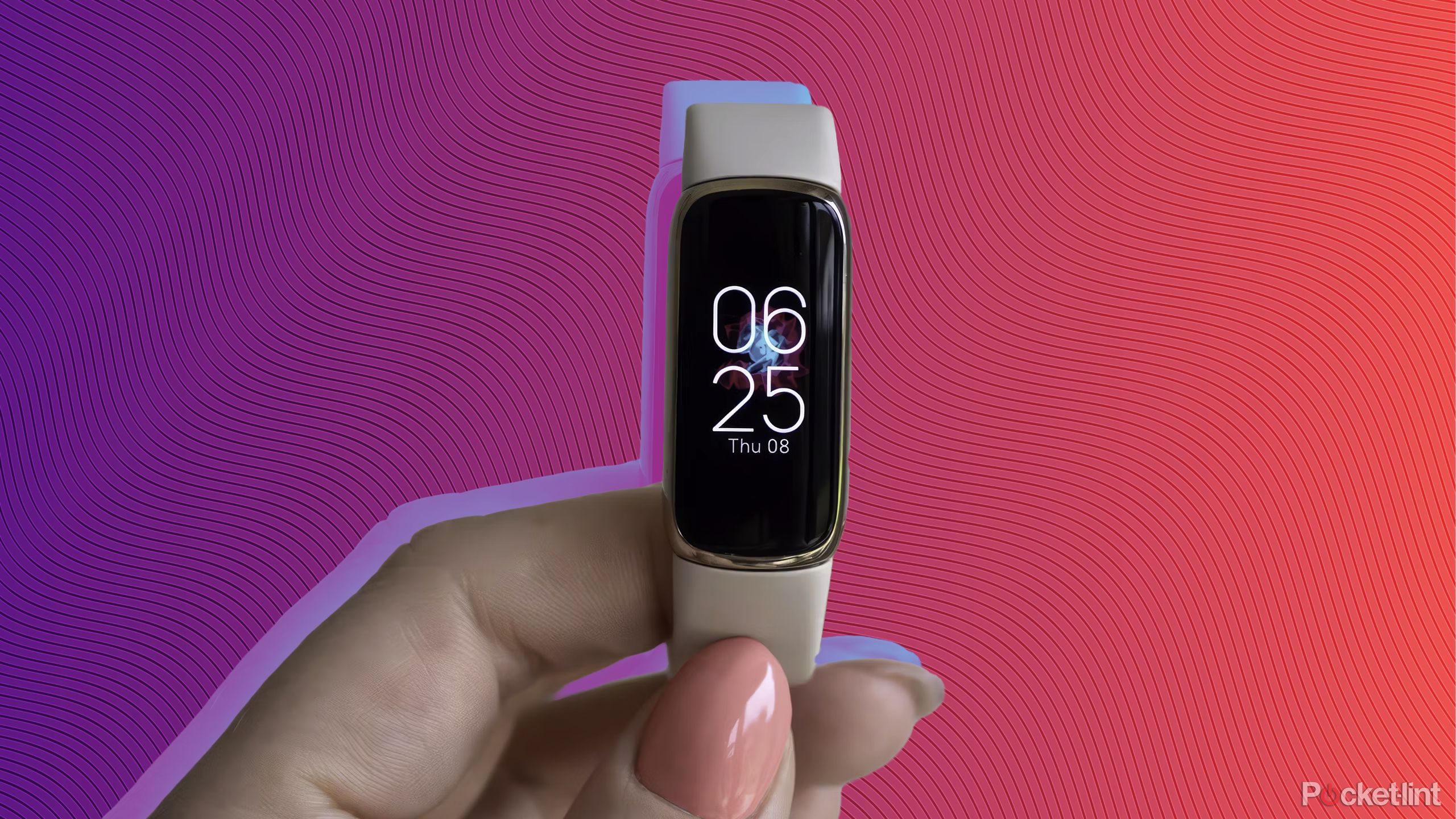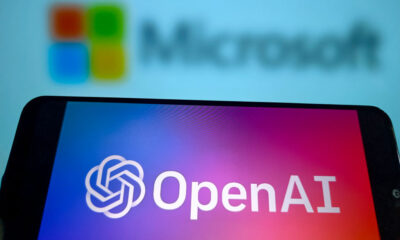Gadgets
Fitbit makes it easier to share heart rate data with your doctor

Key Takeaways
- More than 10 million people worldwide use Fitbit’s Irregular Rhythm Notification (IRN) feature.
- With the Fitbit Web API, healthcare professionals can access IRN data without building their own app.
- The new feature should streamline care and could improve outcomes.
Fitbits, most other smartwatches, and health-based wearables collect a lot of information that can help your doctor assess any potential health problems. The heart rate data they gather specifically can be very useful for your doctor to see. However, sharing that information can be a bit cumbersome since there is generally no direct way to do so. You need to download a report and then share that with your doctor. Fitbit aims to make it easier for doctors to access your Fitbit heart data, meaning you could, in theory, get better, more proactive care.
Related
What is Fitbit Premium and is it worth it?
A Fitbit Premium membership provides access to a range of features and tools that aren’t available to free accounts.
Sharing your Fitbit Afib data with your doctor just got easier
Fitbit
Fitbits currently are able to alert you to signs of Afib with its Irregular Rhythm Notifications (IRN) feature. The wearable company says that nearly 10 million people worldwide have opted for this feature, so it is clearly widely used. But getting that information to a doctor has been rather clunky.
Fitbit already has an existing API for partners (the Fitbit Web API), and now the company is expanding its use to help patients with heart concerns with new Afib endpoints. With the Fitbit Web API and your consent, healthcare partners will be able to access your Afib data through a secure connection, meaning you no longer need to send them a report.
In its release, Google, the parent company of Fitbit, explained that this new option won’t require healthcare partners to build out their own app for data exchange. That should lead to great adoption, which means “they can more easily use the data from Fitbit devices on both iOS and Android in patient care and research,” according to the press release.
Google gave three examples of how this API will be beneficial for patients, starting with hospitals using the data for heart health programs. “When a patient receives an Irregular Rhythm Notification, the hospital can set up appropriate testing such as event monitors and echocardiograms to make a formal diagnosis and look for underlying issues,” Google explained.
The tech giant says that the data gathered can also help “develop a population health program for large groups of people at risk for Afib. This supports early detection and treatment, which can improve risk stratification to help prevent strokes.” Finally, Google says that the information could be used by researchers looking to understand the impact of IRN on patient outcomes.
Overall, it simply makes sense that we should be able to share this information with our doctors more easily. It will increase the likelihood that the information will actually be utilized and could make the difference between getting care or not.
Unfortunately, this new feature isn’t available to everyone just yet. You’ll need to wait to get a notification in the Fitbit app and must be a patient or member of a health organization that’s using the new IRN endpoints. But it’s still a step in the right direction, and we’re glad to see a move in this direction.
-

 Destination8 months ago
Destination8 months agoSingapore Airlines CEO set to join board of Air India, BA News, BA
-

 Breaking News10 months ago
Breaking News10 months agoCroatia to reintroduce compulsory military draft as regional tensions soar
-

 Gadgets3 months ago
Gadgets3 months agoSupernatural Season 16 Revival News, Cast, Plot and Release Date
-

 Tech News12 months ago
Tech News12 months agoBangladeshi police agents accused of selling citizens’ personal information on Telegram
-

 Productivity11 months ago
Productivity11 months agoHow Your Contact Center Can Become A Customer Engagement Center
-

 Gadgets3 weeks ago
Gadgets3 weeks agoFallout Season 2 Potential Release Date, Cast, Plot and News
-

 Breaking News10 months ago
Breaking News10 months agoBangladesh crisis: Refaat Ahmed sworn in as Bangladesh’s new chief justice
-

 Toys12 months ago
Toys12 months ago15 of the Best Trike & Tricycles Mums Recommend























